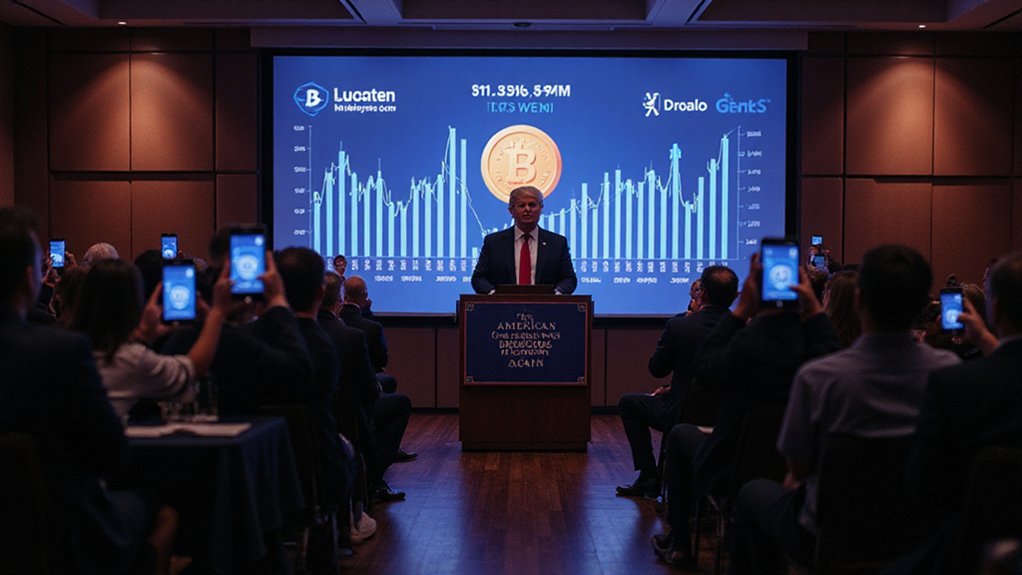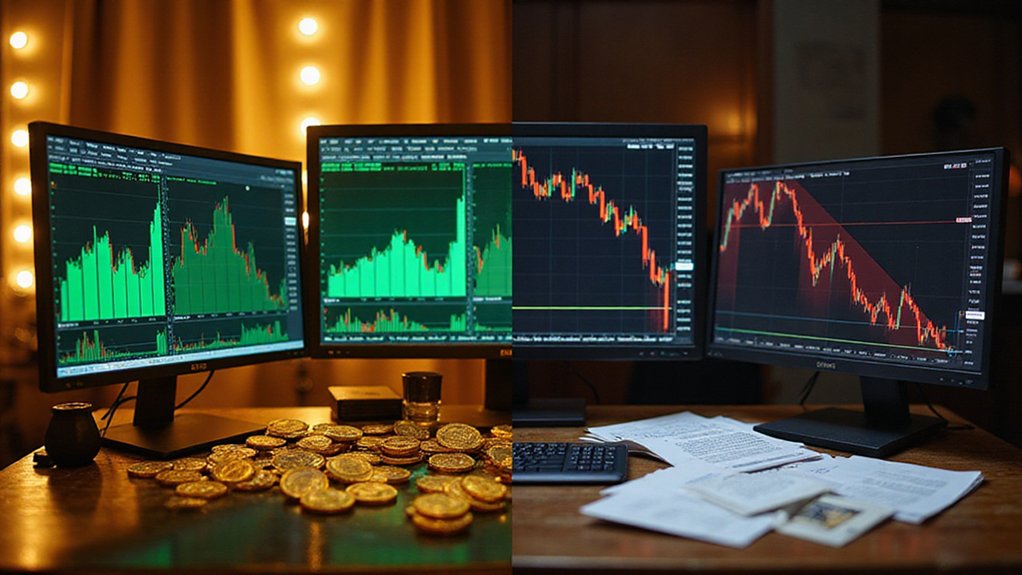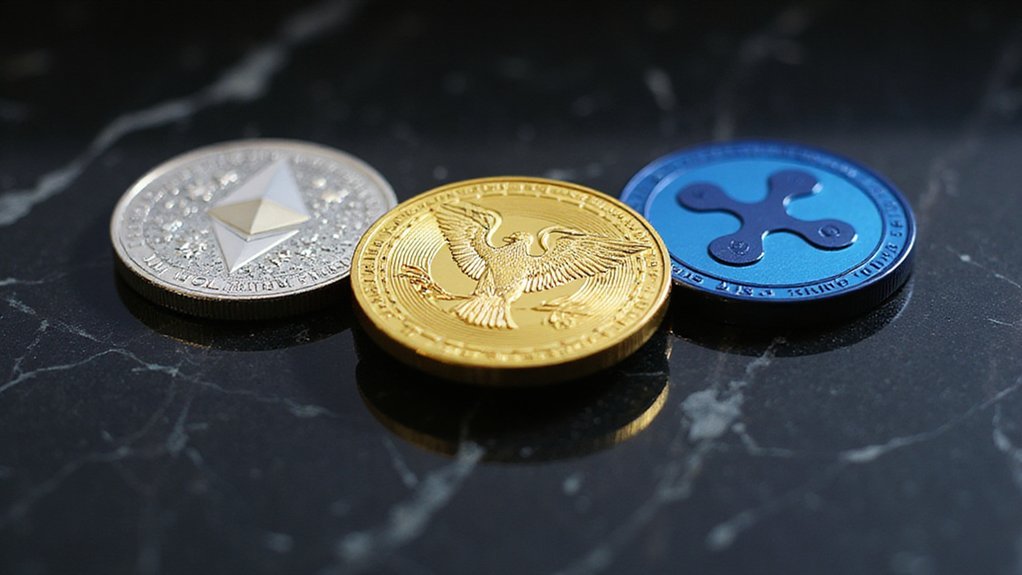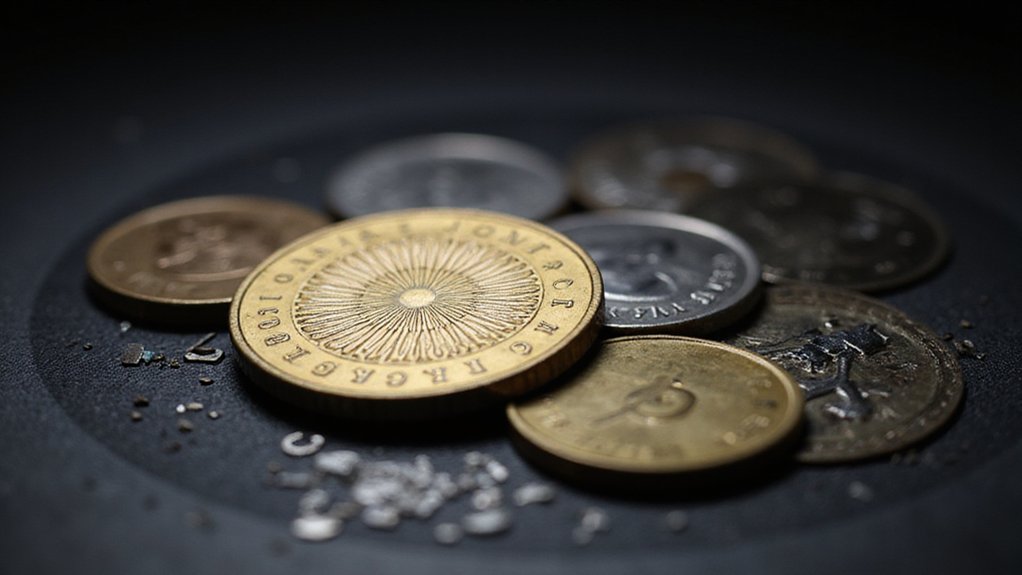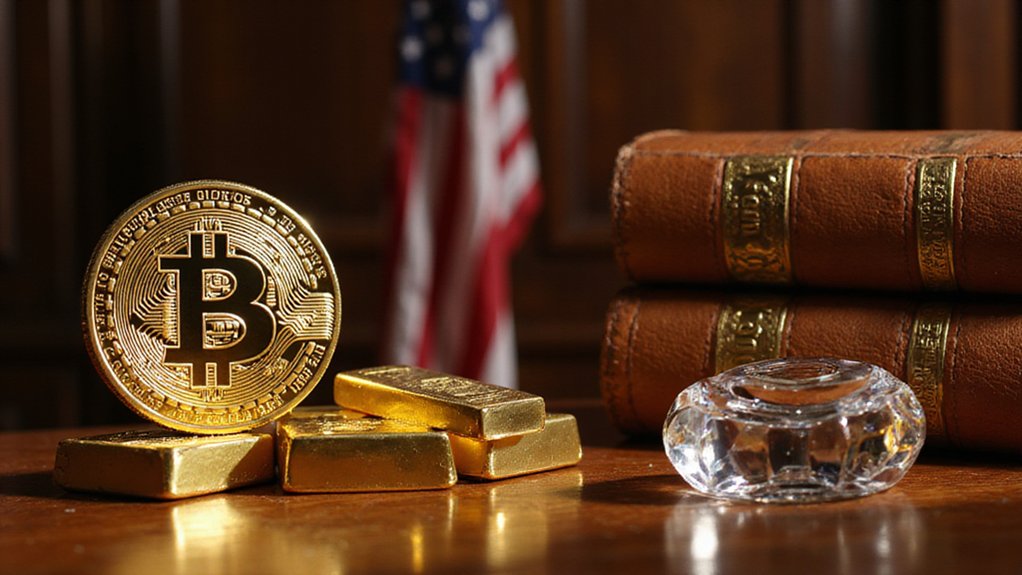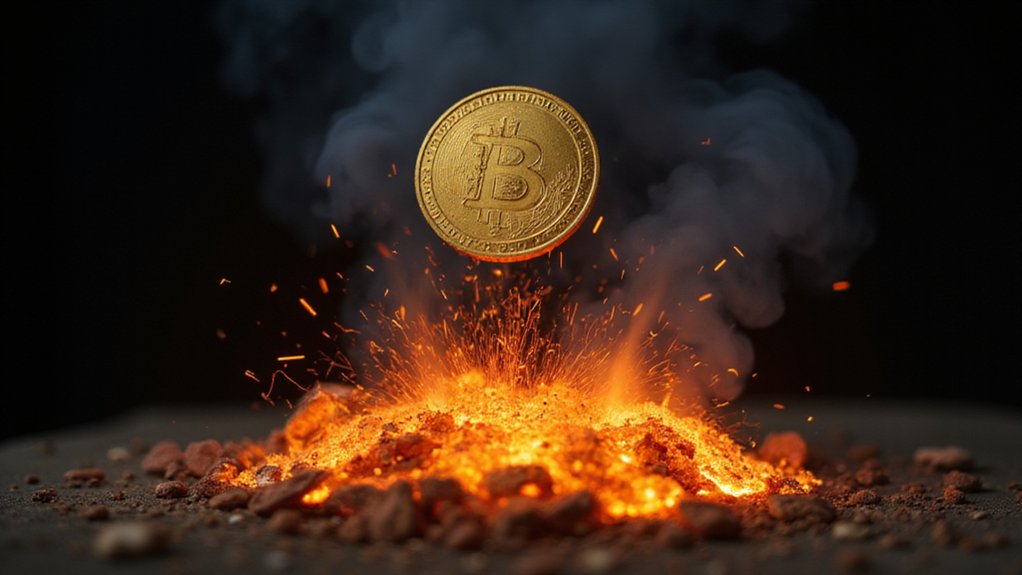Why do digital tokens named after internet jokes now command a collective market capitalization exceeding $85 billion, rivaling the GDP of several developed nations? The answer lies in a peculiar confluence of viral marketing, sophisticated tokenomics, and generational investment psychology that has transformed memes from fleeting entertainment into speculative vehicles.
TOKEN6900, following the footsteps of SPX6900’s anti-establishment parody of traditional indices, exemplifies this phenomenon. These projects leverage internet culture’s inherent virality, creating rapid price spikes that attract traders seeking astronomical returns—a dynamic clearly observed in weekly gains exceeding 20% across leading meme coins.
The underlying appeal transcends mere speculation; it represents millennial and Gen Z rejection of conventional financial paradigms through investments that simultaneously mock and participate in capitalist structures.
Meme coins embody generational rebellion against traditional finance while ironically embracing the very systems they satirize through speculative investment.
The technological infrastructure supporting this frenzy has evolved considerably. While Ethereum maintains dominance through its established DeFi ecosystem, emerging platforms like Solana, SUI, and Base provide fertile ground for new launches.
Cross-chain compatibility expands liquidity pools, while decentralized exchanges and rapid token creation tools enable instantaneous meme coin proliferation—a demonstration of blockchain technology‘s democratization of asset creation, however absurd the underlying premise.
Tokenomics innovations distinguish contemporary meme coins from their predecessors. Projects like Pepe and Floki demonstrate how sophisticated designs incorporating deflationary mechanisms, staking incentives, and exclusive features (whitelists, secret pools) create artificial scarcity while maintaining community engagement.
These mechanisms blend entertainment with financial engineering, aligning investor interests through gamification rather than traditional utility. AI-powered algorithms now enable traders to identify emerging meme coin trends through predictive tools that analyze social media sentiment and trading patterns.
The demographic driving this phenomenon—primarily young retail traders attracted by high-risk, high-reward propositions—operates within a social media-amplified environment where FOMO and community identity supersede fundamental analysis. Celebrity endorsements serve as catalysts for explosive price movements, transforming obscure tokens into viral sensations overnight.
Influencer endorsements and viral campaigns create adoption cycles that bypass conventional investment wisdom, replacing due diligence with meme recognition.
Despite regulatory uncertainties surrounding decentralized development, meme coins continue thriving through global accessibility and platform diversity.
The sector’s outperformance relative to other crypto categories in 2025 suggests this isn’t merely speculative bubble behavior but potentially a new asset class where cultural relevance and community strength determine value—a proposition that would have seemed impossible to previous generations of investors.


